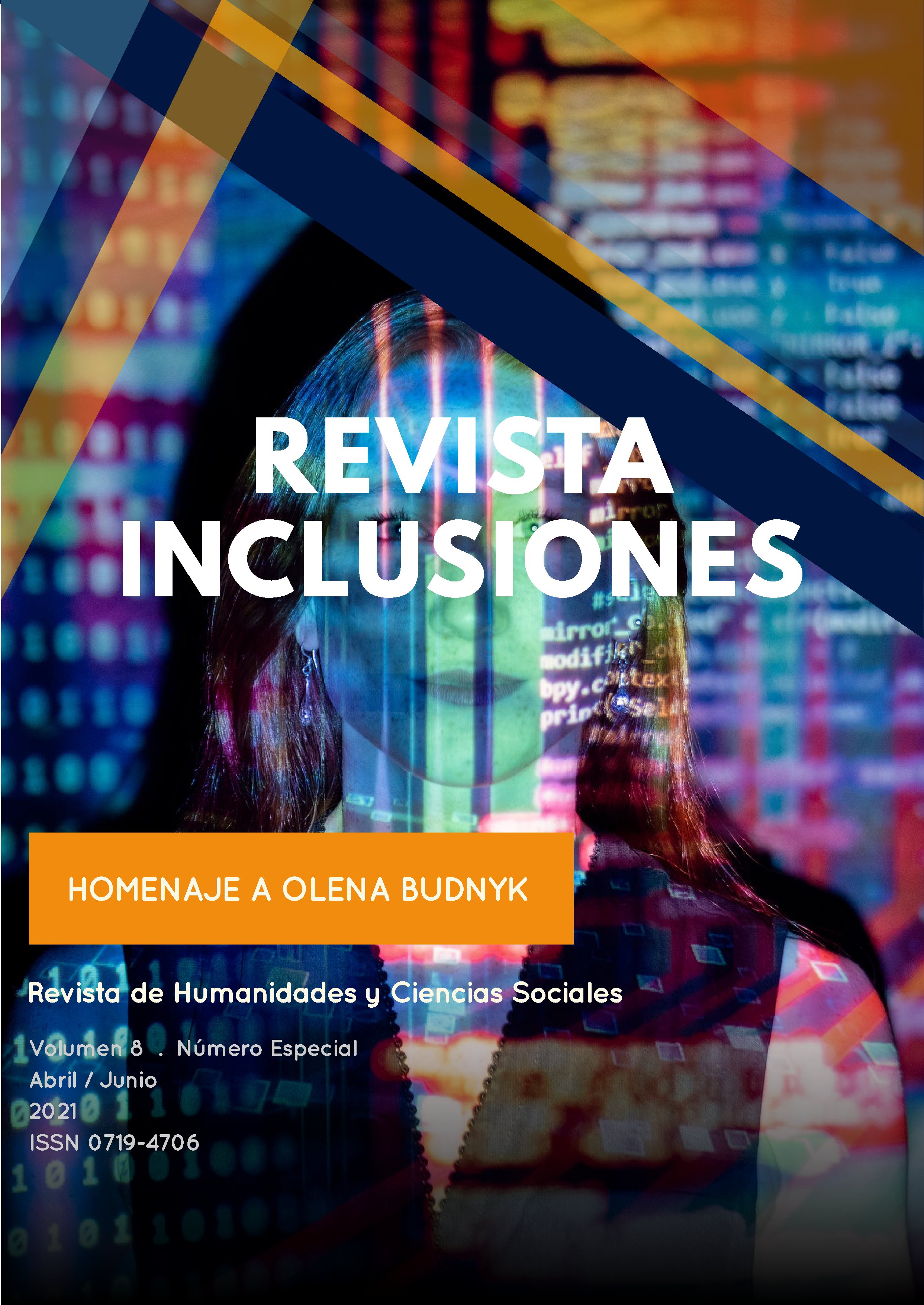ETHICAL ASPECTS OF THE LIFE OF ORPHANS AND CHILDREN LEFT WITHOUT PARENTAL CARE
Resumen
The perception of new living conditions for orphans and children left without parental care is a complex
ethical, psychological and social issue that is relevant in the aspect of children's adaptation to society
and coexistence in it. Regulated isolation from society within a separate social conglomerate,
subsequently has a negative impact on the formation of the individual, on entering into other rules of
life. The article discusses the current vision of this problem, in particular, the ethical aspect of
adaptation of orphans and children left without parental care in their independent life, as well as
research by domestic and foreign scientists on this issue. Based on the results of an empirical study
of the author's community, a strategic construct for working with graduates of orphanages has been
developed, with the help of which teachers-psychologists and/or psychologists can develop individual
life skills for each individual in this social sector, which will allow a teenager to enter society while
preserving his sovereignty, gain skills for their own, independent life management and favorable
development of their life.
Descargas
Publicado
Cómo citar
Número
Sección
Licencia
Derechos de autor 2021 Mt. Aleksandr N. Legkonogikh, Dr. Natalya I. Basina, Ph. D. Galina N. Mezinova, Ph. D. Svetlana B. Smirnova, Lic. Aleksey N. Guz

Esta obra está bajo una licencia internacional Creative Commons Atribución 4.0.
Los autores retienen los derechos de autor y otorgan a Revista Inclusiones el derecho de publicación bajo Creative Commons Attribution 4.0 International (CC BY 4.0). Esto permite el uso, distribución y reproducción en cualquier medio, siempre que se otorgue la debida atribución al autor.











